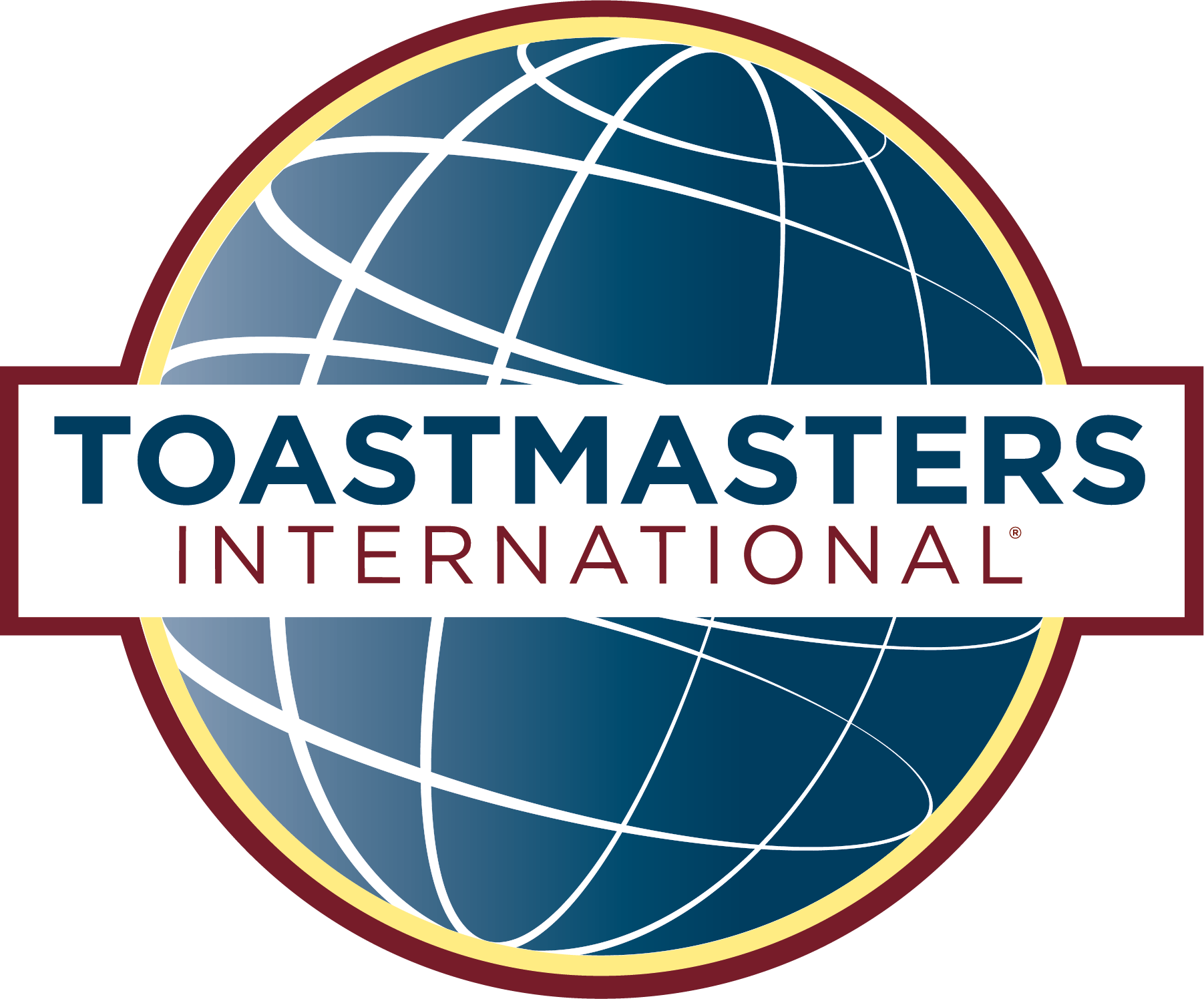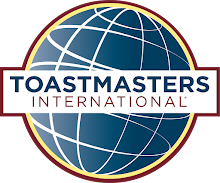http://www.toastmasters.org/ToastmastersMagazine/ToastmasterArchive/2007/February/LearningtoAlmostLikeCriticism.aspx
Practically everybody will admit to being interested in improving themselves or their business or personal relationships. There are even some, like Toastmasters members, who have actually taken steps to do so. But unfortunately, many people miss out on valuable opportunities for improvement and growth because of their inability to take advice and criticism from others. Do you make use of suggestions offered by your peers? Do you seek out the advice and feedback of others to your advantage? It makes sense, but it’s not as easy as it sounds.
I am the owner of a small business. Several years ago the managers of my company met to formally establish non-financial, people-oriented goals. Examples of those goals included providing a safe work environment, offering adequate training and improving teamwork between departments. We then sent a description of the goals and a survey to all employees so they could rate our level of achievement of those goals. Employees could respond anonymously. This was to be done annually.
I almost didn’t make it past the first survey. Most employees responded, but not in that supportive, kind Toastmasters way. They just told me exactly how they felt by using the survey rating system and adding their own comments. Although I got what I asked for, I must admit I was very upset because the ratings were, in some cases, insultingly low and several comments were nasty, blaming me directly for certain problems.
It didn’t seem like the employees were trying to help me. Indeed it seemed they were trying to hurt me, because that’s how I felt. I experienced the defensive, prideful reaction many people feel when being criticized. Criticism is universally disliked. Franklin P. Jones, an author most known for humorous quotations, wrote “Honest criticism is hard to take, particularly from a relative, a friend, an acquaintance or a stranger.” It is just plain hard to take advice or criticism. Even positive, well-worded evaluations give at least a hint that we are inadequate in some way. Most of us know that we have faults or could improve, but we just don’t want to hear about it.
My immediate reaction to the survey results was defensive, but after time and thoughtful consideration I realized that there was a consensus in the results. That is, many employees expressed similar comments and ratings. I began to recognize the value of their perspectives. So, with pain and difficulty, I decided to “own” the problems and the criticisms. I sent a memo to all employees thanking them for their participation, summarizing the survey results and comments (without displaying any of the nasty ones) and showing my recognition that I, as president of the company, was a major part of the problem. Then we took action in response to the feedback and, over time, changes and improvements came about. The surveys continue today after five years and the company has greatly benefited.
"Sometimes there are difficulties in getting valuable comments from others.
But the biggest challenge is in making use of the feedback."
I put in place a method for the company by which I could measure certain non-financial goals, identify problems and then make improvements accordingly. I also began to rely on a process for using advice and criticism to my advantage:
• Recognize that you can get unique and valuable perspectives from others. Be aware of opportunities to get feedback.
• Find people who are capable of providing you with perspectives of interest and value to you.
• Request feedback in a way that will increase the chances that your evaluators will be open and honest. This can be a challenge. Most people understand human pride and many will simply be polite without offering any critical feedback. Sometimes anonymity is required. With anonymity, however, some insensitive people may criticize with absolutely no regard for your feelings: Be prepared for that, keeping in mind that some people are not well-trained in the manner of offering advice, but still may have some valuable ideas.
• Read or listen to the feedback that is offered.
• Experience your feelings. Expect the possibility of defensive reaction. You will know that you are having a prideful reaction if you find yourself judging your critics. It’s human nature. Go with it. But try to maintain control of your outward expressions for the sake of others.
• Be gracious, regardless of your feelings. Thank the evaluators for their comments so that they feel welcome to offer you more open and honest feedback in the future.
• Let time go by, allowing your negative feelings to diminish.
• Honestly evaluate the feedback. This is the most difficult step. Your pride may block your ability to do this effectively, but try hard to find the value in the comments you received. If you just can’t find any value in the comments, then try to evaluate your feelings. If you feel at least a little bothered by the comment, then there is a good chance that your pride is obstructing your ability to make use of some valuable feedback. If you can follow this process by going to the next step instead of reacting with your feelings, then you may be able to benefit from the advice.
• Seek consensus. If you identify similar comments from multiple critics then the signal is getting louder and the value of the feedback is increasing. But avoid the mistake of seeking consensus about your feelings, that is, seeking sympathy. You can make yourself feel better by doing that, but you will miss a growth opportunity.
• Own it. Acknowledge it. Take responsibility. Take control. If you acknowledge the criticism as useful and valid, but then follow up with excuses and blaming, then you have not taken ownership, responsibility or control. Without ownership you won’t be ready for the next step.
• Take action. Make directed improvements in accordance with the feedback that you have received. You may be forced to take small steps at first, but continue with them until they add up to greater advances.
• Repeat the process.
I have used this process in an informal way in business, at home and with Toastmasters. It can be used for continual evaluation, growth and improvement. Much of a person’s life involves interactions and relationships with other people. Public speaking, for example, involves a relationship between a speaker and an audience. To evaluate your own performance as part of a relationship, it makes sense to seek out the perspectives of others who are involved in or knowledgeable about the relationship. Sometimes there are difficulties in getting valuable comments from others, but the biggest challenge is in making use of the feedback.
To take advantage of critical feedback you must work past your discomfort and defensive feelings. Apply the “no pain, no gain” principle, and you’ll soon enjoy all the benefits of an improved life.
Brian Thoma, CTM, CL, is president of His Toastmaster’s Voice 6280-38 in Moorestown, New Jersey, and owner of Thoma, Inc., a company representing manufacturers of laboratory furniture and school casework.







